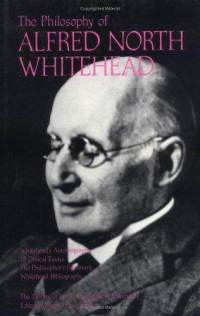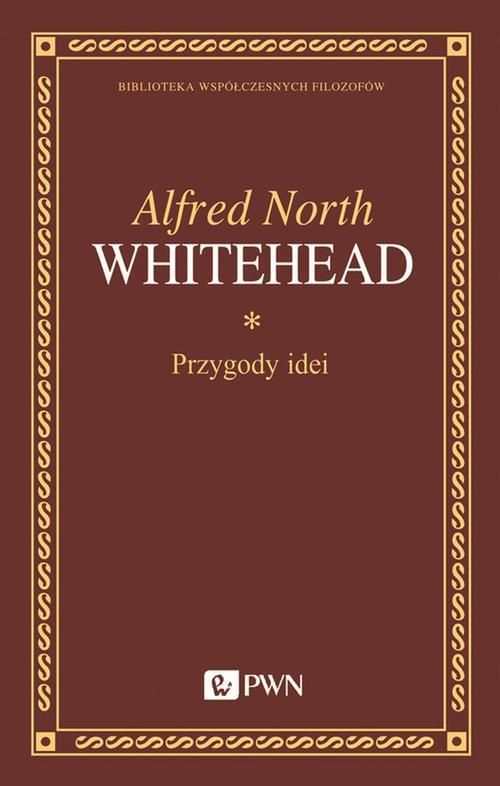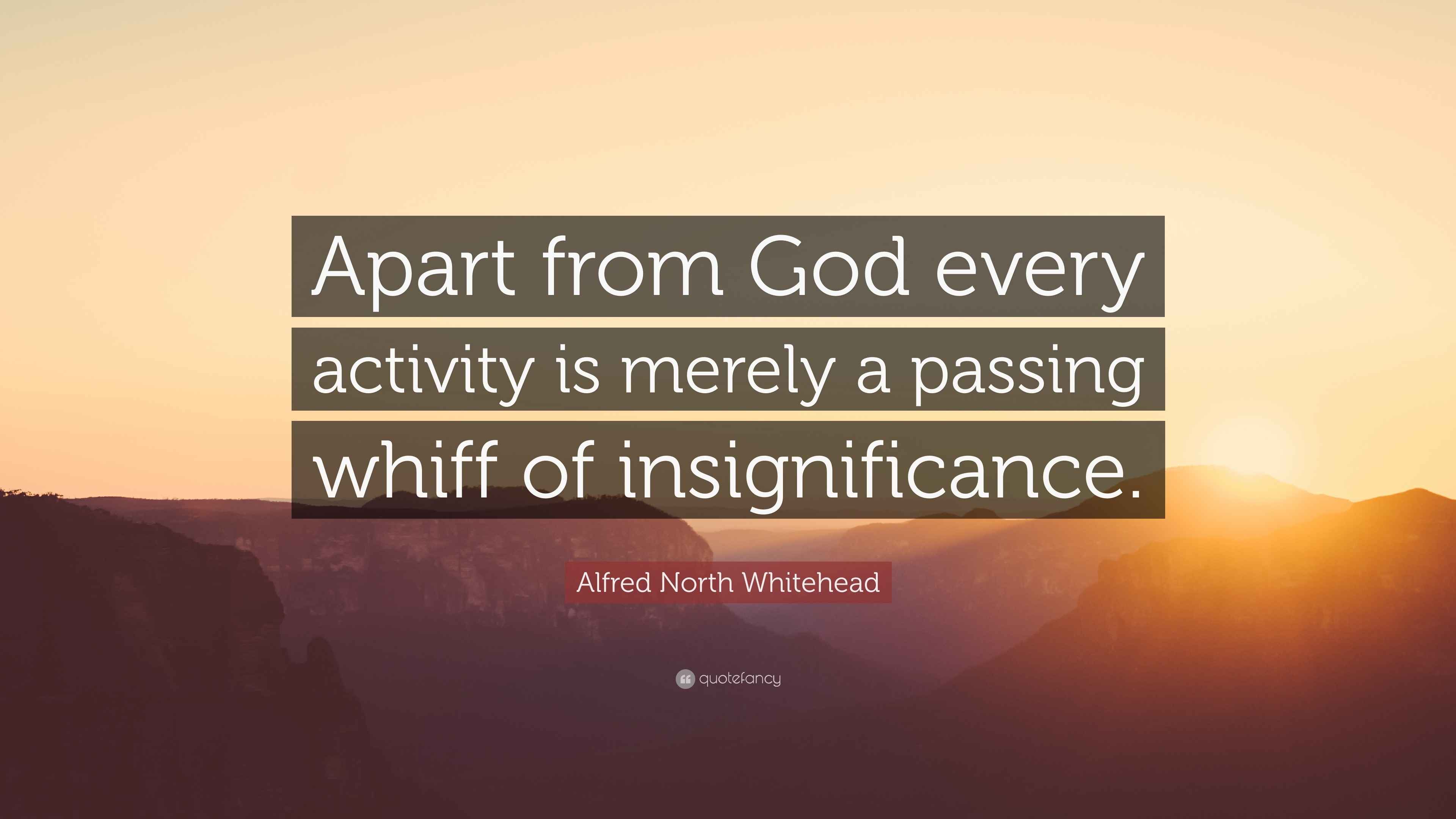

The work of Richard Stadelmann has been to preserve the uniqueness of Jesus in process theology. Rossoff, Burton Mindick, and Nahum Ward.Īlan Anderson and Deb Whitehouse have applied process theology to the New Thought variant of Christianity. Kaufman, Harold Kushner, Anson Laytner, Michael Lerner, Gilbert S. Today some rabbis who advocate some form of process theology include Bradley Shavit Artson, Lawrence A. Olan, Harry Slominsky and, to a lesser degree, Abraham Joshua Heschel. Process theology soon influenced a number of Jewish theologians including Rabbis Max Kadushin, Milton Steinberg and Levi A.

A characteristic of process theology each of these thinkers shared was a rejection of metaphysics that privilege “being” over “becoming”, particularly those of Aristotle and Thomas Aquinas. Hartshorne was deeply influenced by French philosopher Jules Lequier and by Swiss philosopher Charles Secrétan who were probably the first ones to claim that in God liberty of becoming is above his substantiality. Various theological and philosophical aspects have been expanded and developed by Charles Hartshorne (1897–2000), John B. This use of the term calls attention to affinities between these otherwise quite different traditions.” Also Pierre Teilhard de Chardin can be included among process theologians, even if they are generally understood as referring to the Whiteheadian/Hartshornean school, where there continue to be ongoing debates within the field on the nature of God, the relationship of God and the world, and immortality. In this sense theology influenced by Hegel is process theology just as much as that influenced by Whitehead. Process theology does not deny that God is in some respects eternal (will never die), immutable (in the sense that God is unchangingly good), and impassible (in the sense that God’s eternal aspect is unaffected by actuality), but it contradicts the classical view by insisting that God is in some respects temporal, mutable, and passible.Īccording to Cobb, “process theology may refer to all forms of theology that emphasize event, occurrence, or becoming over substance. Process theology and process philosophy are collectively referred to as “process thought”.įor both Whitehead and Hartshorne, it is an essential attribute of God to affect and be affected by temporal processes, contrary to the forms of theism that hold God to be in all respects non-temporal ( eternal), unchanging ( immutable), and unaffected by the world ( impassible). Process theology is a type of theology developed from Alfred North Whitehead‘s (1861–1947) process philosophy, most notably by Charles Hartshorne (1897–2000) and John B. Debate about process theology’s conception of God’s power.Relationship to the doctrine of the incarnation.Norman Pittenger was the most prominent Anglican process theologian.

Process thought has been developed by Charles Hartshorne, John B.

But process theology tends to contradict the traditional Christian understanding of God's transcendence and perfection. This limitation of God's power resolves questions about God's responsibility for evil in the world. God's power to create change in the world is persuasive rather than coercive, and exercised within the limits of the creative process. God is understood to participate in development through intercourse with a changing world, and may be seen to be subordinate to a larger creative process. God is understood as a participant in a larger creative process, so that God influences and is influenced by other entities. Not all process theologies are alike, but God tends to be understood in ways that differ from classic theism. Process theology is derived from the process philosophy of Alfred North Whitehead, whose Gifford Lectures were published as Process and Reality (1929). Existence is understood in terms of the mutual interaction of entities, through which change occurs. This processive understanding may be contrasted with static notions of being that are based in Aristotelian and scholastic categories. A theological approach that understands ultimate reality in terms of a dynamic process of becoming and ongoing change.


 0 kommentar(er)
0 kommentar(er)
